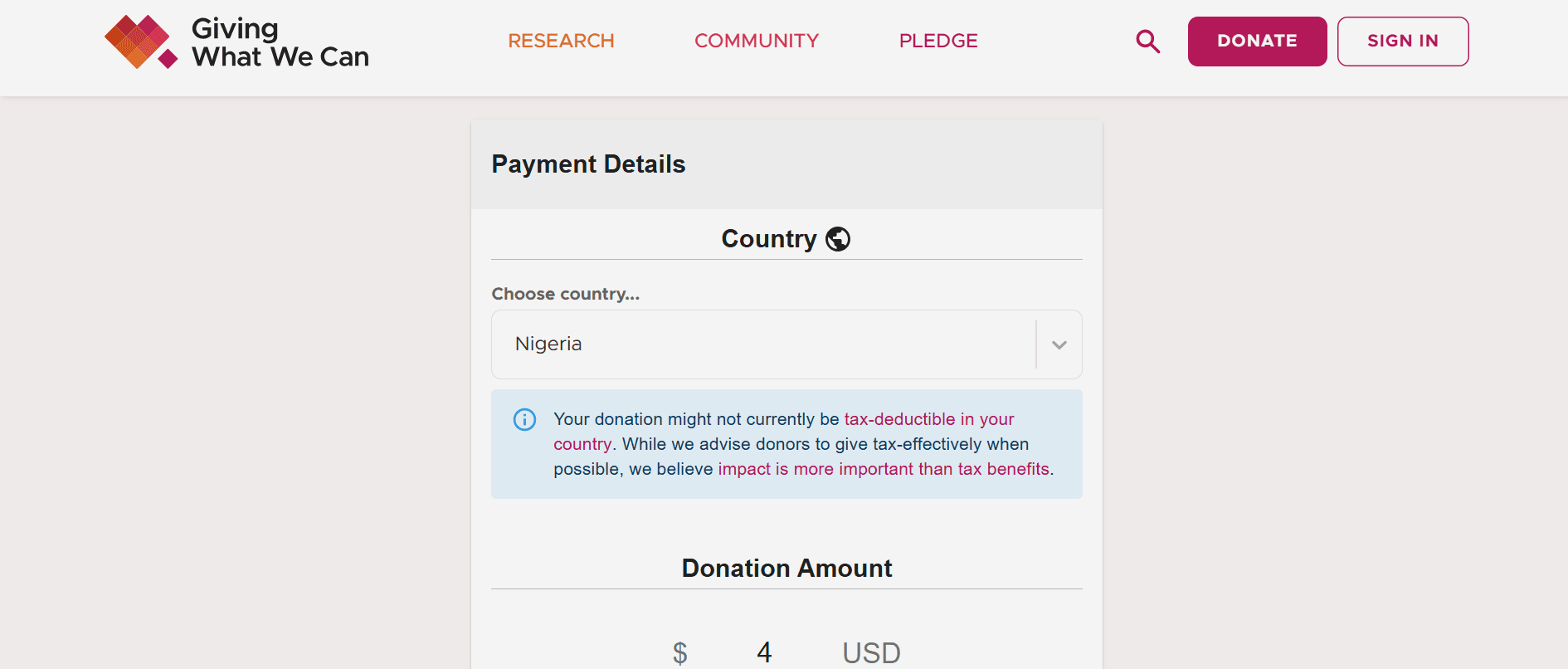I feel that one thing that effective altruists haven't sufficiently capitalized on in their marketing is just how amazingly exciting the whole thing is. There's Holden Karnofsky's post on excited altruism, but it doesn't really go into the details of why effective altruism is so exciting. So let me try to fix that.
Growing up, it felt like the message I got from society was: one person just can't do much. The problems in the world are huge and structural, and naive reformers will eventually just become disillusioned and burn out. We can try to make small efforts in our personal lives, but they're tiny and won't scale.
Effective altruism says that this doesn't need to be true! Yes, some of the problems are huge and structural, but that doesn't mean that individuals can't have a big impact. The average person working in an ordinary job can potentially save several lives a year, just by donating a measly 10% of their income and doing literally nothing else altruistic! That would already be amazing by itself.
But it doesn't end there. Effective altruism says that, if you focus on the right career, you can have an even bigger impact! And the careers don't even need to be exotic, demanding ones that only a few select ones can do (even if some of them are). Some of the top potential careers that 80,000 hours has identified so far include thing as diverse as being an academic, civil servant, journalist, marketer, politician, or software engineer, among others. Not only that, they also emphasize finding your fit. To have a big impact on the world, you don't need to shoehorn yourself into a role that doesn't suit you and that you hate - in fact you're explicitly encouraged to find an high-impact career that fits you personally.
Analytic? Maybe consider research, in one form or another. Want to mostly support the cause from the side, not thinking about things too much? Let the existing charity evaluation organizations guide who you donate to and don't worry about the rest. Or help out other effective altruists. People person? Plenty of ways you could have an impact. There's always something you can do - and still be effective. It's not about needing to be superhuman, it's about doing the best that you can, given your personality, talents and interests.
Best of all? This isn't just some fuzzy feelgood thing where you're taking things on faith. People in the community are constantly debating these things, looking for ways to improve and to become even better at doing good. If you have even the slightest inclination, you're encouraged to participate and refine the ideas. If you spot a crucial flaw in someone else's argument, or suggest a critical improvement, it may impact the effectiveness of all the other effective altruists who are doing or thinking about doing something related.
Here's an extra bonus. At the moment, the core of effective altruism is formed of smart, driven, and caring people from all around the world. When you become an effective altruist and start participating, you are joining a community of some of the most interesting people on Earth.
A lot of people feel like life is meaningless, and that it doesn't offer any purpose that would feel worth pursuing. I've felt like that at times, too. But it's hard to find a purpose whose idea would be more compelling, exciting, or rewarding than that of effective altruism.
This work is licensed under a Creative Commons Attribution 4.0 International License




Great post, and definitely agree we should focus on this more.
Another thing I personally find exciting about effective altruism is that the question "How do I do the most good?" (with my career, money etc.) is a really motivating, intellectually challenging question to spend my time thinking about. So for those who enjoy spending their time thinking about interesting questions, effective altruism offers an environment in which to discuss one of the most important and stimulating questions out there - that's pretty exciting to me. I would imagine at least some others feel similarly.